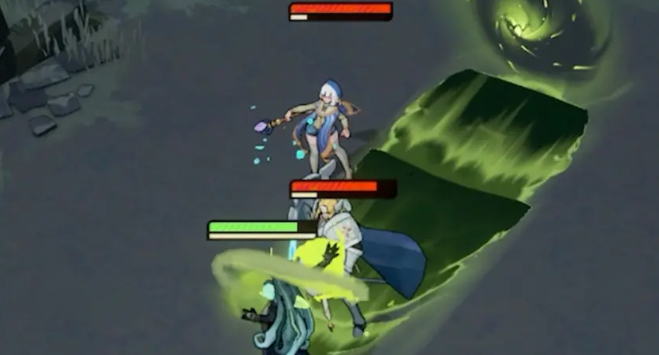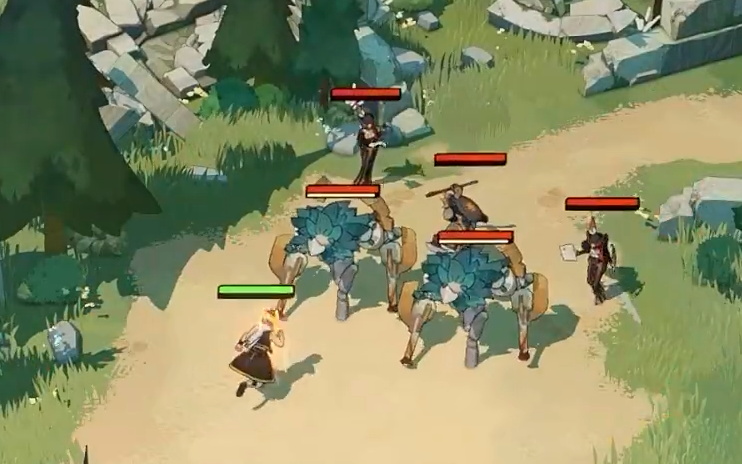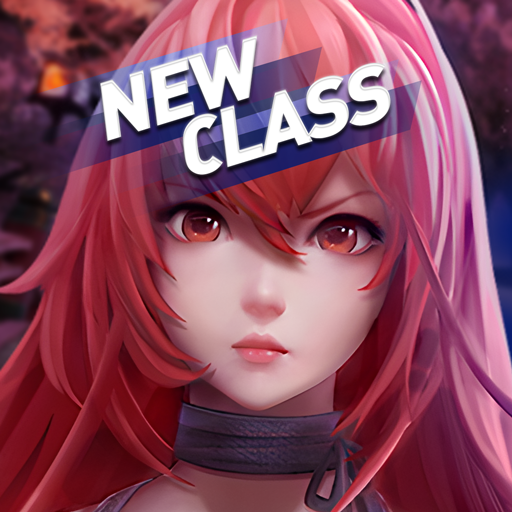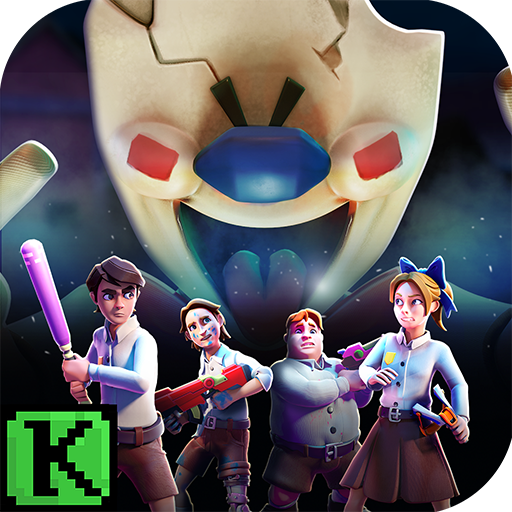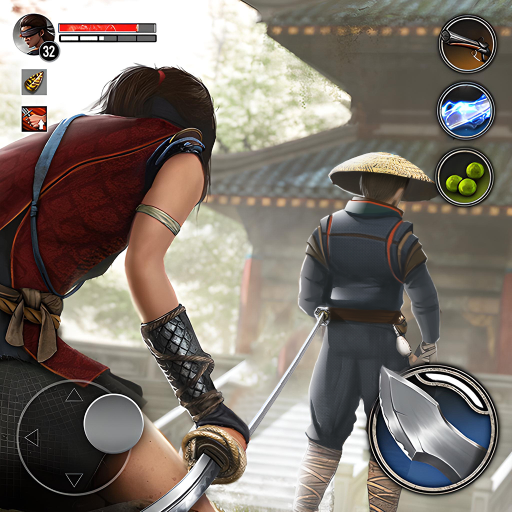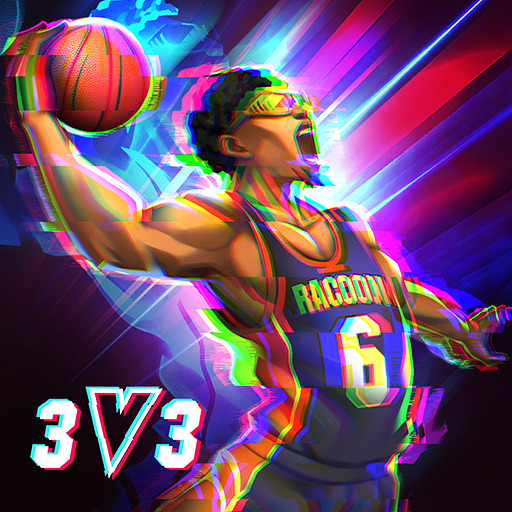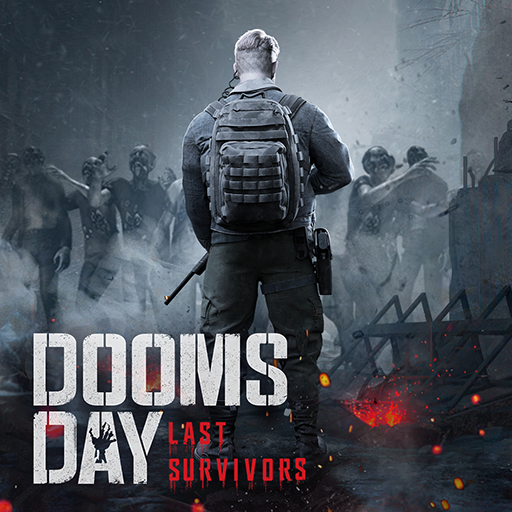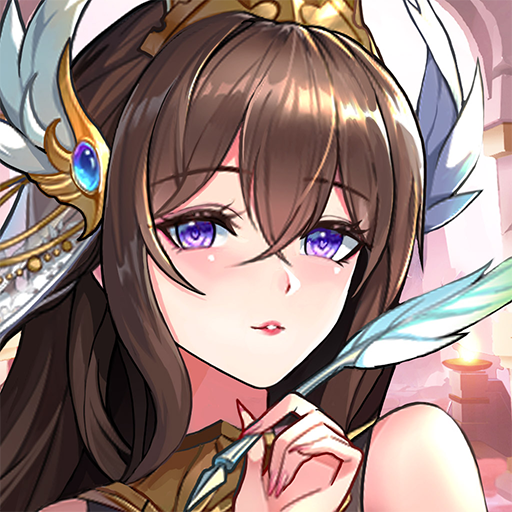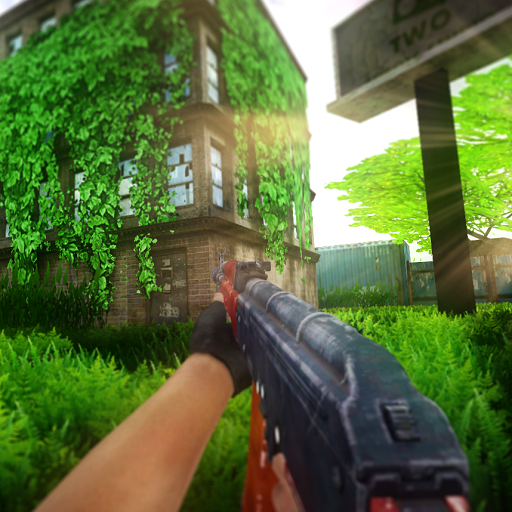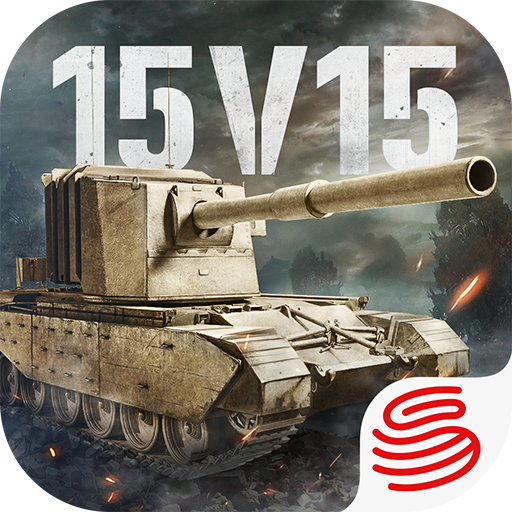In the game world of Dragon's Breath, heroes are undoubtedly at the core of the entire game structure. Besides the numerical values of their attributes, skills are the most important. The skills of heroes in Dragon's Breath are often classified by their respective schools, as players need to deeply consider the mechanisms and actual effects of each hero's skills when building a team. At this point, the types of skills that characters can bring need to be distinguished.
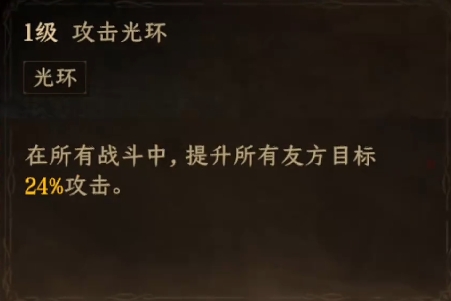
Each hero possesses a unique leader skill, but this skill has special activation conditions. It only takes effect when the hero is placed in the leader position. The bonus effect brought by the leader skill usually positively impacts the overall combat power of the team. The bonus ratio of leader skills varies for heroes of different rarities. Generally, SSR-level heroes, which are of higher grade quality, have relatively higher bonus ratios for their leader skills.
Moreover, the type of bonus from leader skills is often closely aligned with the hero's role in the game. For example, Flora, as a core fire damage dealer, provides a 30% attack boost to all teammates through her leader skill. For heroes positioned as tanks, their leader skills tend to focus more on defensive enhancements. Additionally, passive skills are abilities that take effect continuously without consuming energy. These skills are crucial for the hero's core mechanism to function effectively.
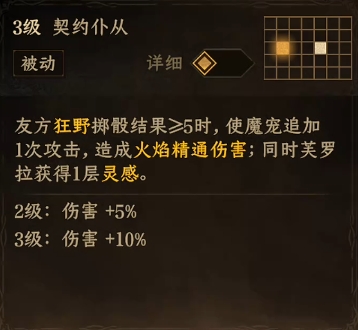
Of course, this is not an absolute rule. In some specific situations, if a hero's other skills are already strong enough, the passive skill will provide additional bonuses on top of that. For instance, Flora's passive skill plays a key role in the construction of the Wild Team. As long as everyone forms a team of the same school, it is easy to trigger the synergy judgment of the same school, thus bringing extra damage. This judgment mechanism is not limited to fire-attribute characters; all characters can achieve high-frequency output in battles through this mechanism.
Battle skills can be considered the small skills of heroes. They are a type of active skill that consumes relatively less energy. Battle skills are used frequently in combat, meaning they play a significant role. Although the power multiplier of battle skills may not be the highest among all skills, in prolonged battles, whether in terms of damage contribution, healing, or functional aspects such as reducing enemy attack, battle skills are extremely crucial. Compared to ultimate skills, battle skills are used more frequently and in more situations, leading some players to believe that battle skills are even more important than ultimate skills.
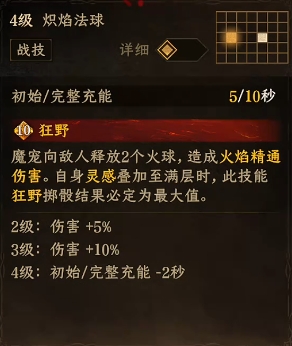
Ultimate skills, also known as the ultimate or killer skills, require the most energy and have the longest cooldown compared to other skills. However, they are generally the most powerful. For those ultimate skills that deal damage, their multipliers are usually very high, capable of inflicting massive damage instantly. Furthermore, ultimate skills often have a connection with the hero's passive skills. For example, Flora's ultimate skill generates a continuous AOE flame vortex lasting 10 seconds. During this period, if the target is hit by a Wild skill, additional derivative damage is inflicted.
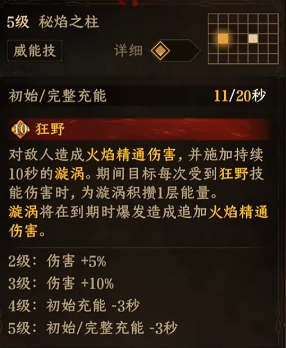
You should now have a clearer understanding of the composition of hero skills in Dragon's Breath. The skill system here is indeed rich, mainly including leader skills, passive skills, battle skills, and ultimate skills, which together form the unique combat style of heroes in the game. When experiencing the game, you should ensure that you have sufficient strategies to utilize different types of skills.
